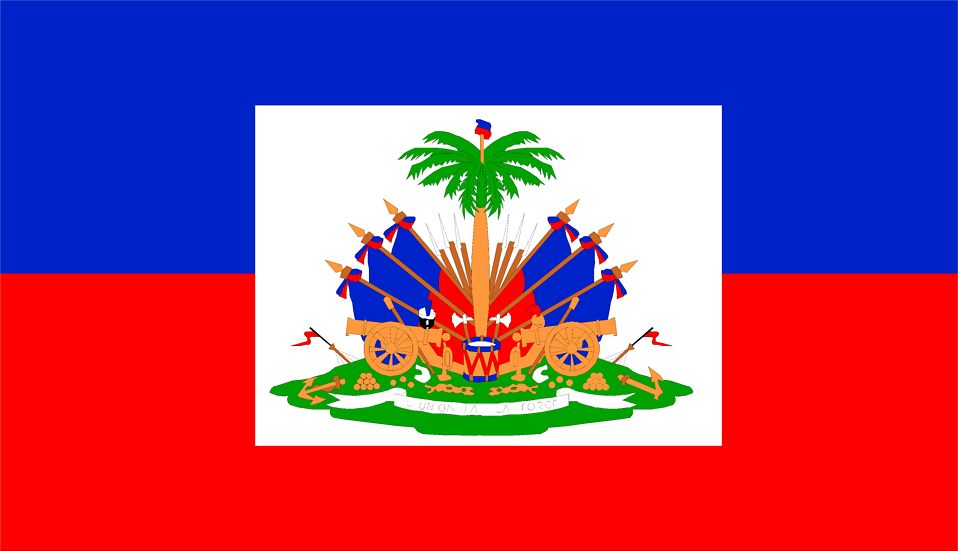Haiti’s heartbreak
When it rains, it surely pours for Haiti, one of the world`s poorest countries. Barely a month after its former President, Jovenel Moise, was assassinated and his wife left for dead by mercenaries rented from Colombia, nature vent its fury as a devastating earthquake swept through parts of the country killing over a thousand people […]

When it rains, it surely pours for Haiti, one of the world`s poorest countries. Barely a month after its former President, Jovenel Moise, was assassinated and his wife left for dead by mercenaries rented from Colombia, nature vent its fury as a devastating earthquake swept through parts of the country killing over a thousand people and toppling buildings.
As if that was not enough, floods have since followed sending families already teetering on the edge, toppling over the precipice of uncertainty.
The situation in Haiti was already dire long before the mercenaries infiltrated the home of the former President and ended his life. The country already struggled with grinding poverty, depending largely on international aid to run its economy. Families were already food insecure and children were seeing their future prospects severely blighted by poverty. Into all these has come political instability and nature`s fury and even for those who have never been to Haiti, and would probably never go there in their life time, the plight of the country is heartbreaking to watch.
Around the world, so many countries are caught in an endless cycle of poverty, with clearly no end in sight for their futures. They depend largely on foreign aid and all its baggage to maintain the provision of basic services to its people. It means that its most vulnerable populations are extremely susceptible to changes in the global economy.
Haiti`s situation is not helped by the political turmoil at home. Its extremely volatile political climate has not helped any form of stability to take root in the country. This has deepened its poverty levels and plunged more children and their families into penury.
Haiti`s situation is a lesson to countries all over the world of the dangers of political instability, weak economic development and climate change. In sub-Saharan Africa, this lesson is especially poignant.
Africa has struggled to lead itself since most countries secured independence from European powers. Many African countries are governed by strongmen who only tolerate a semblance of democracy because they do not want the streams of foreign aid to dry up.
In many African countries, democratic institutions are nonexistent. In those countries where they exist, they are deliberately weakened by those who do not want any form of checks and balances on the absolute powers they enjoy.
Many African countries also struggle to sustain themselves economically. In this wise, rudderless leadership embraces invidious corruption to wreak havoc on the quality of life children and their families can enjoy.
Several African leaders, past and present, have also found themselves and their family members knee-deep in the murky waters of corruption. Because many African countries have deliberately weakened institutions, corruption and impunity spread unchecked like wildfire driven by a hurricane.
So, precious funds that should go into securing the livelihoods of extremely vulnerable groups end up feathering the nests of a few, and when crises arise, those who are already poor are left with nothing at all.
While the world unites in solidarity with Haiti at this crucial period, African countries must especially take serious measures to secure the future of their children and families. To do otherwise would be to risk further disintegration at the hands of pigeons who move from place to place spreading the seeds of chaos and anarchy.
Kene Obiezu, Abuja
